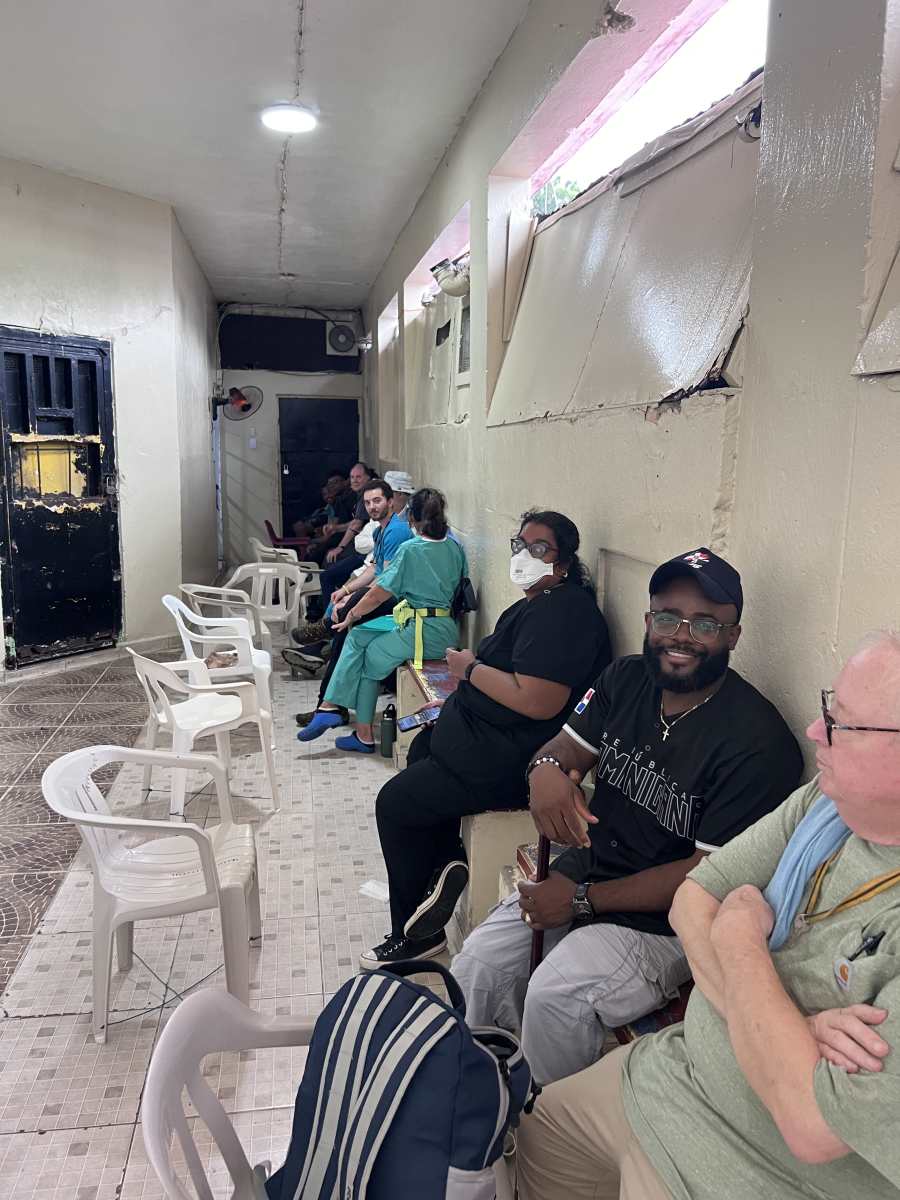Cross Cultural Medicine on Hispaniola (CCMH) works to deliver care to two main populations of marginalized patients in the Dominican Republic (DR). This trip has been on going since the 1990s. By reaching out to these specific populations in the DR, CCMH is able to provide care and education to populations that may not have access to these resources otherwise.
The trip delivers care to two main populations of patients. The first population are the workers and their families that live in sugar cane plantations. These patients are geographically isolated from medical care and usually rely in trips like this for both acute and chronic care of medical conditions. The second population are patients in local jails. A neglected population, these patients do not have routine access to most medical care. These two populations, although vasty different, both represent groups of patients that would not otherwise have access to medical care if not for this trip.
The goal of this trip, and its on-going annual trips, is to provide both acute and chronic care for patients. Non-communicable diseases represent a large burden of morbidity and mortality. By providing chronic care, this burden can be reduced. The goal is to continue the care and management of chronic conditions like DM and HTN and also treat acute conditions. Cross Cultural Medicine on Hispaniola's partnership with local, year round organizations allows for follow up if more urgent/emergent issues are identified that may require surgical intervention or sub-specialist care. What is exciting about our trip this year is that resident physicians from EM and IM-Peds will be joining the group. They will not only offer their expertise in clinical care provided but will be advocates for the importance of continued and on-going involvement with this community for years to come.












Over the course of our week long trip we were able to treat over 800 patients. We went to two bateys outside of La Romana as well as two prisons and two city jails. Patients were treated for a variety of complaints and offered treatment for skin conditions which were felt to be related to poor hygienic conditions. It was an incredibly rewarding experience to get to serve and treat different populations within this community.